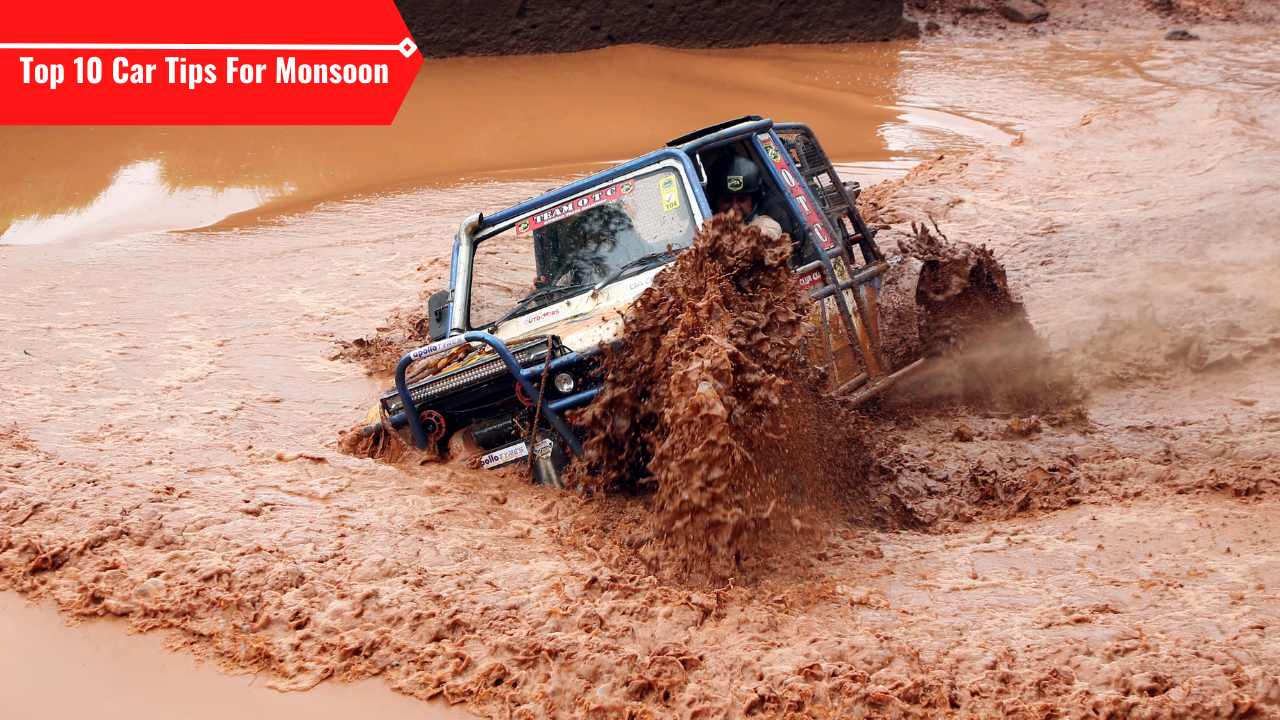
Participant wading through water with his SUV in RFC India
Monsoon has officially arrived in most parts of the country. Rainy season brings along a series of challenges for you and your vehicle. Ideally you should prepare yourself and your car for the same, if you don’t want to be caught off guard. Here is a checklist of things that can help you have a niggle free monsoon.
Wiper Blades - These are inexpensive and easy to change, this can be a DIY fix too. You might have changed them recently but it is always ideal to have them changed every monsoon. These are made out of rubber and they could have hardened, developed cracks or gone brittle over time. Wipers are quintessential for good visibility in rain, old and worn out wiper blades can be inefficient in providing you with a clear view.



















